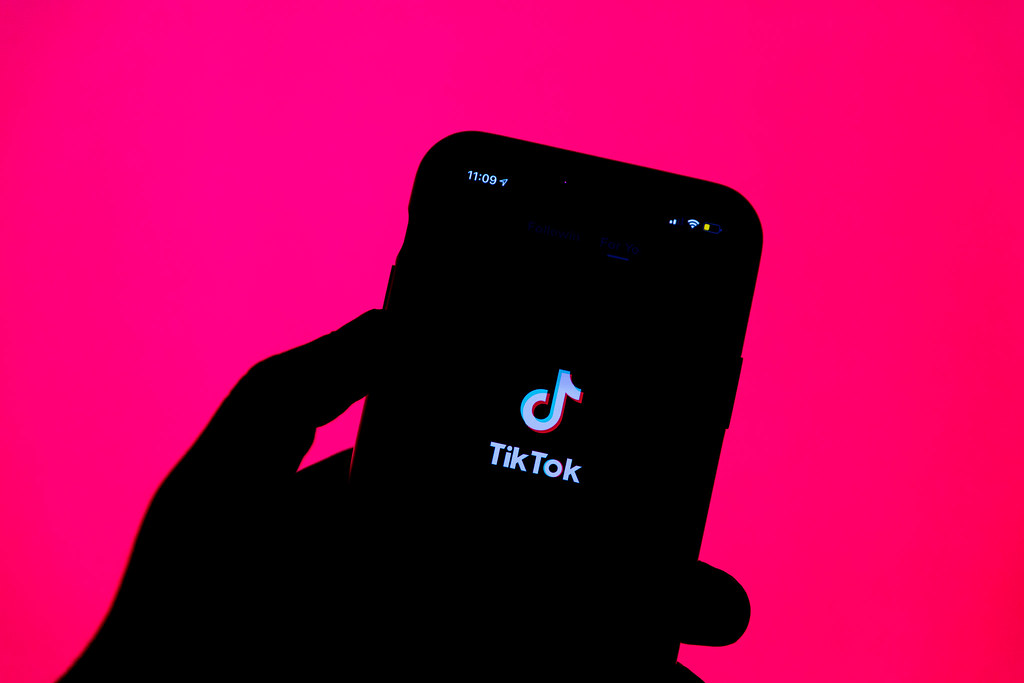Since Megan Thee Stallion introduced ‘hot girl summer’ in 2019, TikTok has blown up with micro-trends referring to a variety of practices that have been ‘girlified’. Videos with the hashtags #girldinner and #girlmath have amassed 1.6 billion and 232 million views respectively. The intention here is to be humorous and create a community space online for the relatable ways many women live their lives. However, some critics have suggested that doing this perpetuates negative stereotypes associated with women and ‘infantilises’ them in a way that is misogynistic and degrading.
I bought Taylor Swift tickets in August, so by the time the concert comes around next June, they’re basically free, right? Girl math has taken TikTok by storm, with women posting about certain ways they feel they are saving money- without really doing so at all! The trend is supposed to be funny, its popularity rooted in the fact that it is relatable for many people– not just women.
However, critics argue that the labelling of this seemingly illogical maths implies that women are bad with money and budgeting, instead overspending on ‘silly little things’. It is a heavily patronising perspective to take, furthered by the existence of videos of men reacting to ‘girl math’ videos and degrading the intelligence of all women.
In contrast, the term ‘girlboss’ is used as a method of female empowerment, drawing attention to and applauding women’s success (primarily in the corporate world). Whilst this trend is an expression of female solidarity, the term also implies that a woman’s success is in some way different to a man’s. The connotations of ‘girl’ being immature and infantile may suggest that their achievements are less significant, once again demonstrating patriarchal undertones.
Another trend that has become increasingly popular is ‘girl dinner’. This includes women posting videos of an assortment of random foods- for example, mac n cheese, pretzels, and frozen blueberries- that make up their dinner but don’t typically constitute a ‘meal’. Once again, this is funny and relatable. It also eases the need for women to be perfect all the time, instead representing the haphazardness of everyday life.
However, what started out as a fun, harmless trend found itself on the wrong side of TikTok. ‘Girl dinner’ has become a way for some to glamorise starvation and disordered eating, by posting dinners that consist of small amounts of food that are well below the calorie intake needed daily.
In conclusion, whether the ‘girlification’ of trends does more harm than good depends on the perspective you take when viewing and reacting to them. Often, it uses harmless and relatable humour that reflects the chaotic lives of women on social media and builds solidarity among them (for example, my personal favourite, the #hotgirlwalk that encourages women to take long walks to improve their mental wellbeing). However, some of these trends have been interpreted in a misogynistic way, harmfully used by others to degrade instead of empower women.
“TikTok on iPhone” by Nordskov Media is marked with CC0 1.0.

